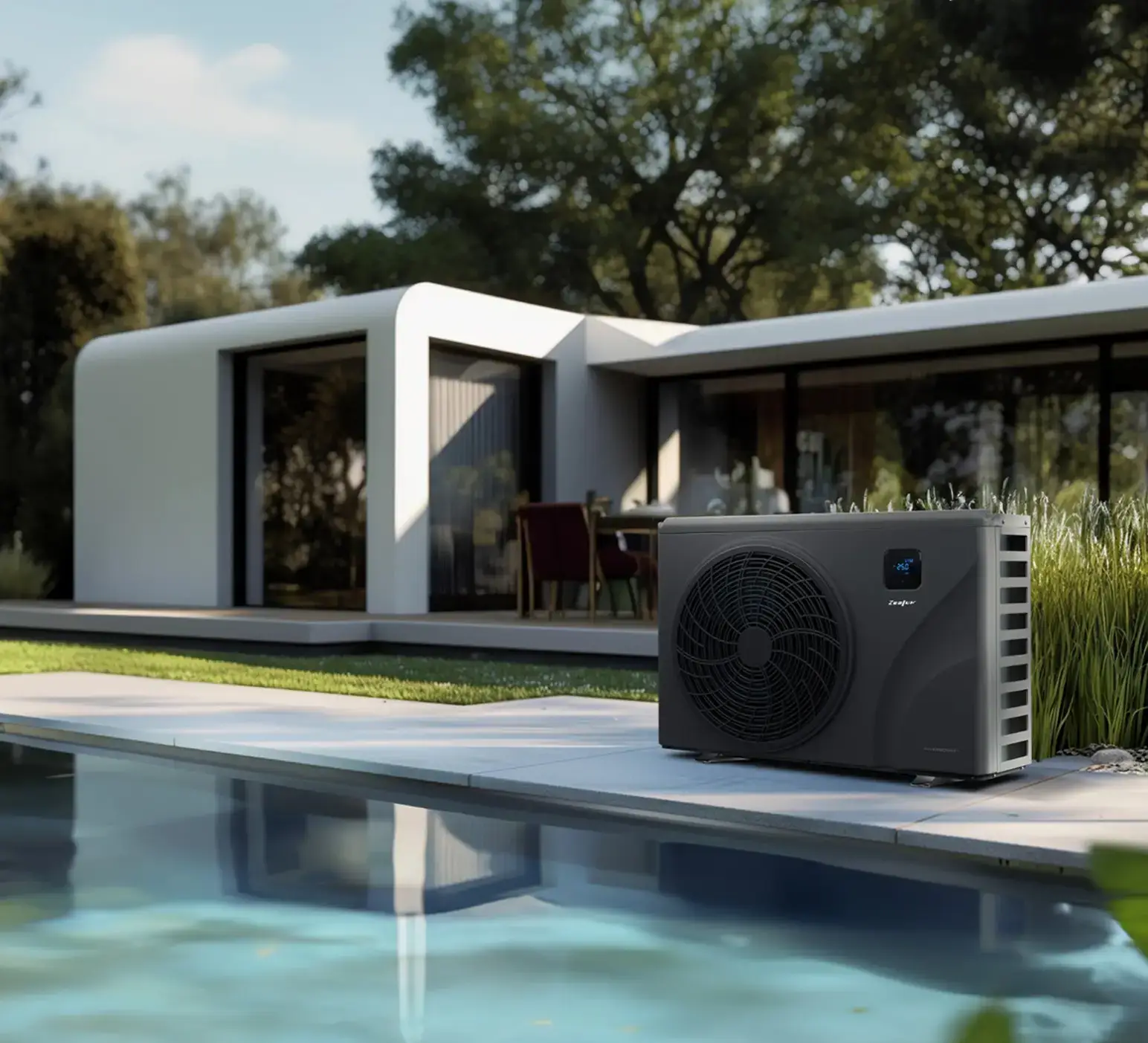Solar energy is a clean, renewable energy source obtained by converting collected sunlight into electricity using photovoltaic systems and other advanced technological solutions.
Conserving water, like other household resources, is a very important aspect for every household.
This article is about how solar energy and solar power plants can contribute to more efficient water use at home.
Advantages of using solar energy in terms of water conservation
More efficient water heating
Solar heating systems allow you to heat water using solar energy, reducing the need to use electricity or gas.
This not only reduces the consumption of water, but also of other energy resources, since solar collectors are extremely efficient water heaters.
Energy production without using water
Photovoltaic systems can produce electricity directly from sunlight and without using any water.
This allows households to produce green energy for their own needs, reducing overall water consumption and contributing to the development of sustainable energy solutions.
Less environmental pollution
Reducing the use of fossil fuel sources reduces the amount of pollutants that are released into the atmosphere. This in turn reduces water pollution caused by processes such as acid rain, ensuring cleaner water resources in our environment and contributing to a cleaner environment.
Solar energy is an integral part of sustainable water and other energy resources consumption and environmental protection. By integrating solar energy solutions, you actively contribute to more efficient resource use at home.
Solar energy technologies that contribute to water conservation
- Solar collectors : These devices efficiently utilize solar radiation, converting it into heat, which is then used for both water and space heating. Solar collectors allow for a significant reduction in the energy consumption of traditional water heating, thus contributing to the conservation of water resources.
- Photovoltaic (PV) systems : Modules that convert sunlight into electricity allow households to generate energy without using any water. This technology is a radical alternative to traditional energy production methods, which often require large amounts of water.
- Solar power plants with energy storage solutions : These power plants not only produce electricity during the day, but also store excess energy in batteries or other storage systems. This excess energy can be used later for water heating or other purposes, thus reducing the farm’s dependence on traditional energy sources and its need for energy for heating.
Practical tips on how to integrate solar energy at home and save water
| Action | Description |
|---|---|
| Household energy audit | Conduct a comprehensive home energy audit process that will examine various aspects such as your home’s geographic location, roof structure, and orientation to the sun. This is important to optimize the efficiency of your solar system and maximize the solar radiation it receives. The audit also includes an assessment of shadows that may be cast by surrounding trees or buildings to maximize the use of sunlight. |
| Consultation with specialists | Consulting with experienced solar energy solution providers is a very important step in choosing solar energy equipment. Specialists will help you understand the advantages and disadvantages of different solar energy technologies, as well as recommend which equipment will best meet your home’s energy needs. They will also provide information on possible financing options, such as government subsidies or tax breaks, which can help reduce the initial investment. |
| Equipment installation | Installation of the equipment should be carried out by qualified professionals who are experienced in installing solar energy systems. Proper installation ensures that the system will operate efficiently and safely. The installation process includes mounting the solar panels on the roof or other suitable location, connecting the systems to the home electricity grid and, if necessary, to solar energy storage devices. Careful installation will ensure long-term reliability of the systems and lower maintenance costs. |
| Using solar energy | Daily use of solar energy ensures that the investment in such a solution will successfully pay off. This can include not only water heating, but also the production of electricity for household needs. Regular use of the system and proper maintenance will help ensure that the system is operating optimally and delivering the required amount of energy, thereby reducing dependence on traditional electricity supply methods and household energy bills. |
| System maintenance and monitoring | Regular maintenance of a solar energy system and monitoring its performance are important factors in ensuring the longevity and efficiency of the system. This includes periodic cleaning of solar panels from dust, leaves and other contaminants that can reduce the transmission and efficiency of sunlight, as well as technical inspection of the equipment to prevent possible failures. It is also important to monitor energy production volumes and compare them with previous periods in order to detect any deviations or problems in a timely manner. |
Finally
Using solar energy at home is an effective way to not only reduce energy bills, but also contribute to the conservation of water resources. By implementing solar energy solutions, every household can contribute to sustainable water use and environmental protection.

